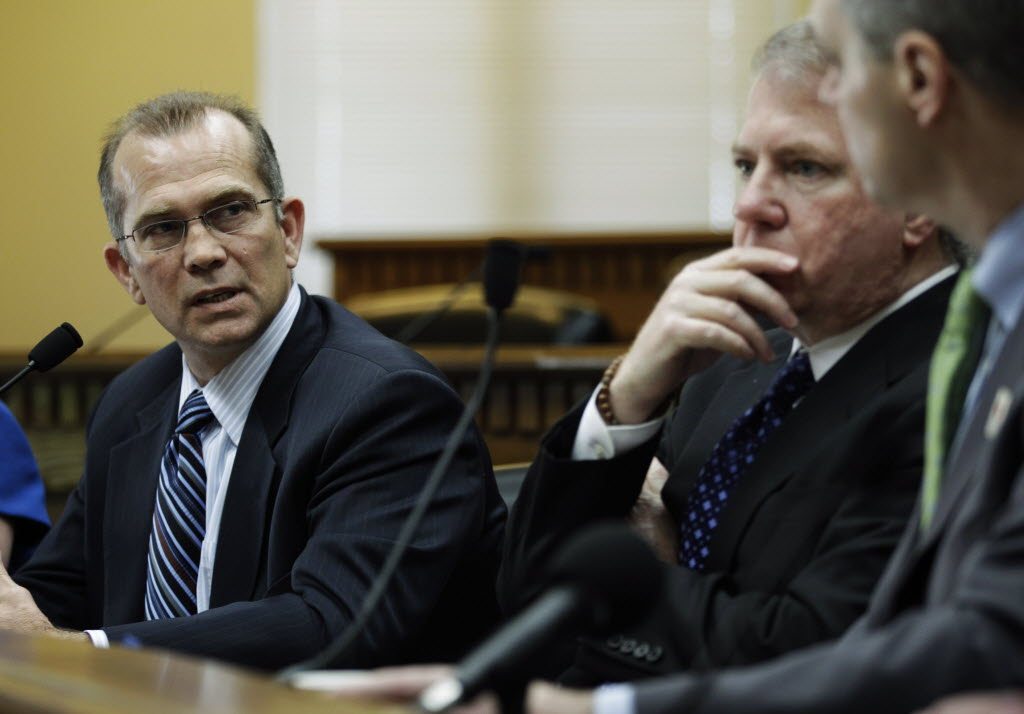“It’s been a lot of work for 30 days,” said House Majority Leader Pat Sullivan, D-Covington. Gov. Chris Gregoire had called lawmakers back to work for a month after they failed to finish a budget and key spending matters by the end of their regular 105-day session.
The extra time cost taxpayers about $10,000 a day due to $90 daily stipends for lawmakers.
Final discussions Wednesday night included one last moment of tension that threatened to stall adjournment. A large group of Democrats objected to a bill that consolidated services under one agency, complaining that a provision allowing the state to outsource certain services unfairly prevented state employees from competing for the work.
That measure relied heavily on votes from Republicans to pass the House. Senate Republicans had said they wouldn’t pass the state’s new general budget without the bill.
Sullivan said the session involved a lot of compromises from all sides.
“When you look at what our priorities were, I think we prevailed in a number of areas, and they prevailed in some areas,” Sullivan said.
After gaining seats in last year’s election, Senate Republicans also gained a voice in their chamber. They managed to force some of their priorities into law, such as limits on the state debt and an overhaul of the state’s workers’ compensation system.
Bipartisan effort
Republican Sen. Joe Zarelli, one of the budget negotiators, said the state’s operating budget was truly a bipartisan one. He thought the GOP input helped prevent lawmakers from passing a spending plan that relied on financial gimmicks to deal with the shortfall.
“We didn’t kick things down the road,” Zarelli said.
With tax increases essentially off the table due to a voter-approved initiative last year, the $32 billion state budget plan relies on some $4.6 billion in cutbacks. Roughly half those reductions came in education, including cuts a 1.9 percent decrease in pay for teachers and a 3 percent cut in pay for other K-12 employees.
State employees face a 3 percent reduction through unpaid leave.
Sen. Ed Murray, D-Seattle, said lawmakers made the best choices they could with the resources they had available.
“It is a painful budget,” Murray said. “It is probably the most painful budget any of us have had to write or vote on in our careers.”



